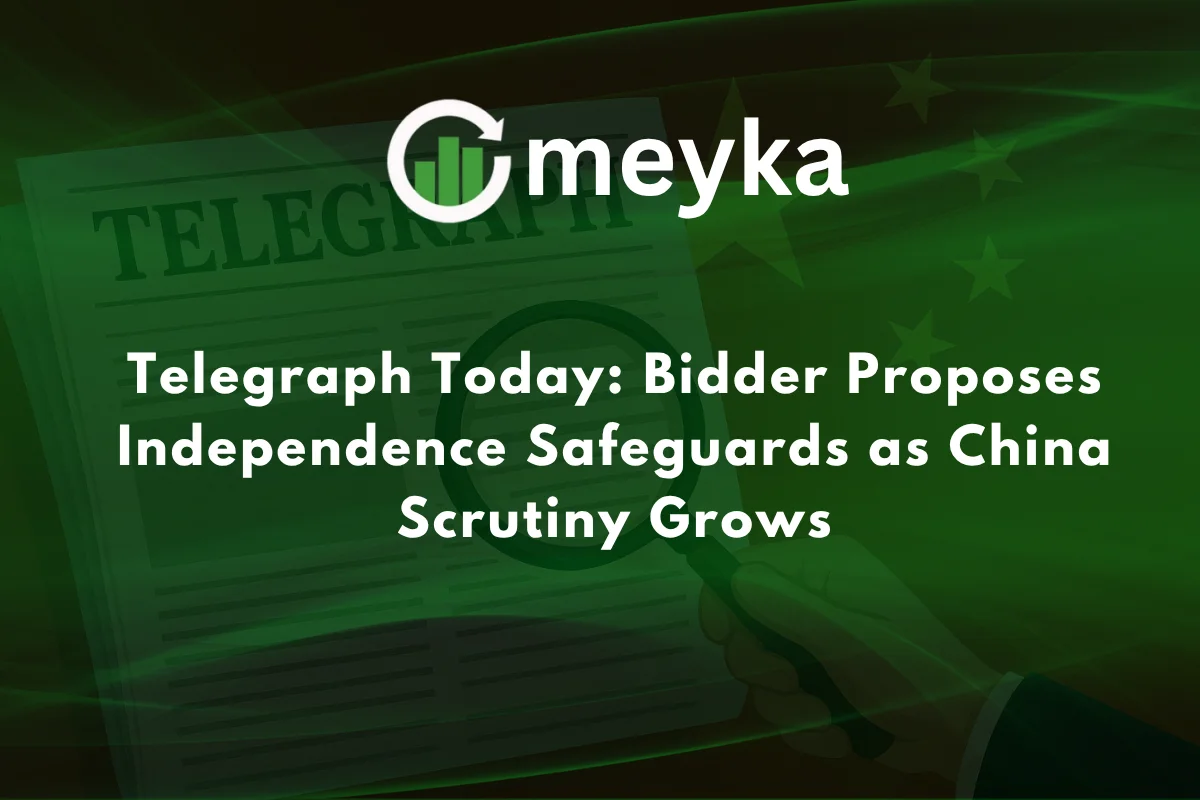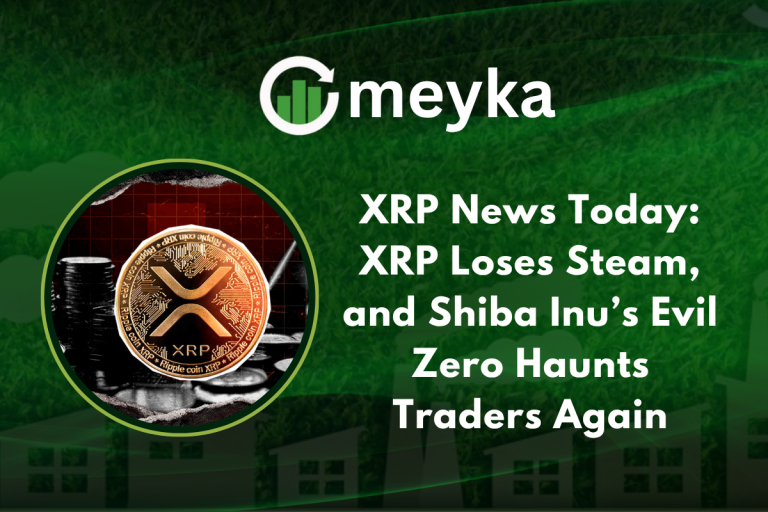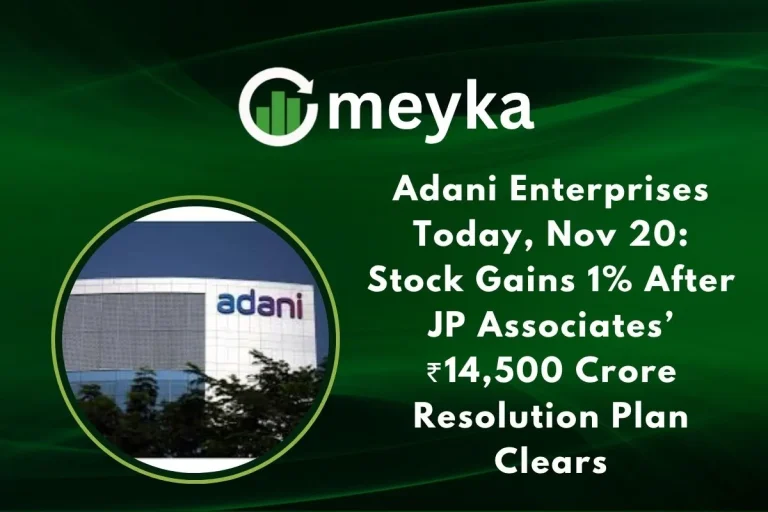Telegraph Today: Bidder Proposes Independence Safeguards as China Scrutiny Grows
The future of The Telegraph Media Group has taken a dramatic turn as a potential bidder has promised to uphold editorial independence amid increasing China-related scrutiny. The proposal, now the focus of intense political and media attention, aims to assure regulators, journalists, and readers that The Telegraph’s editorial integrity will not be compromised, even as foreign investment questions loom large.
Continue Reading on Meyka
This article is available in full on our main platform. Get access to complete analysis, stock insights, and more.
Read Full Article →





